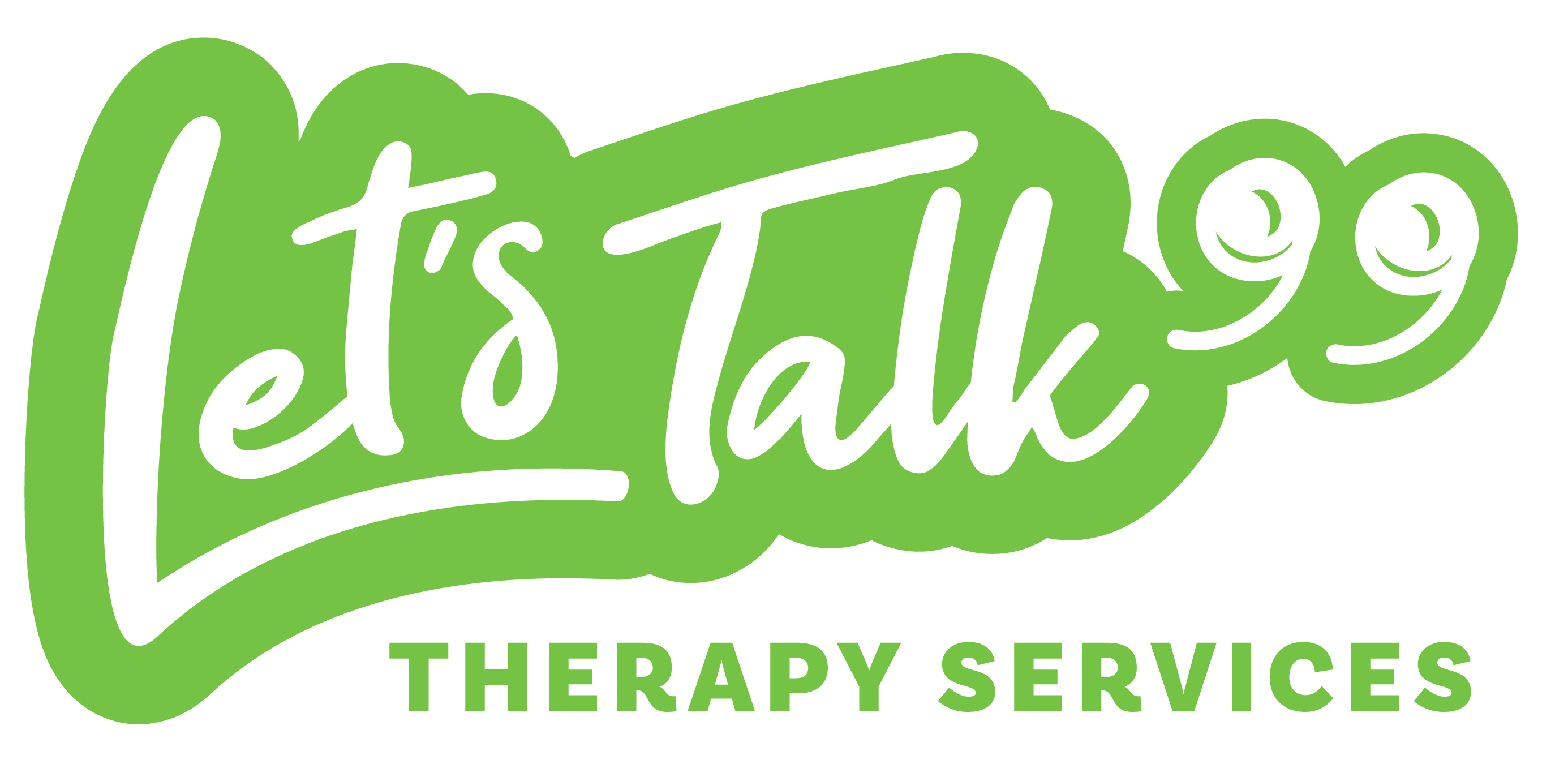Occupational Therapy (OT)
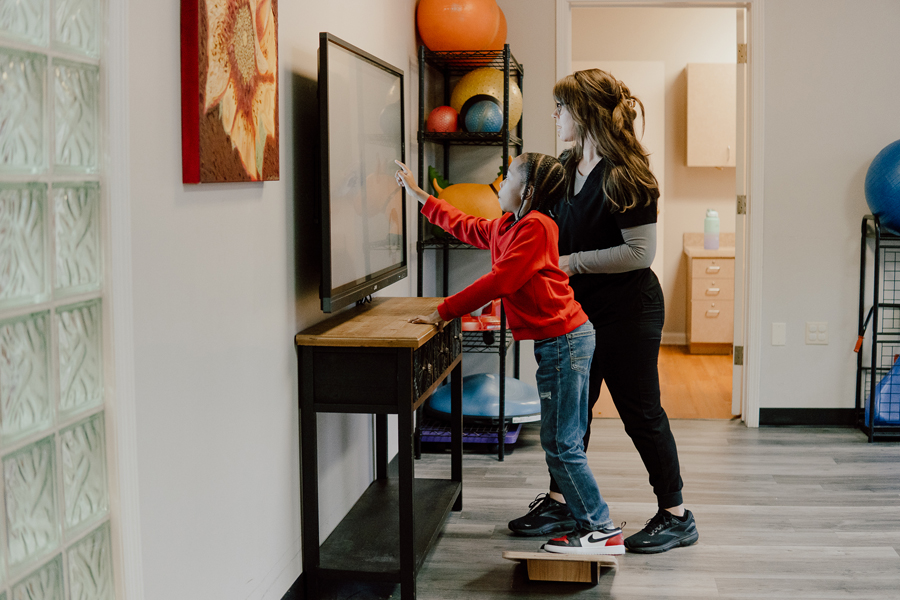
What is Occupational Therapy?
Occupational therapy for children is a type of therapy that helps kids develop the skills they need to perform everyday activities independently. It focuses on enhancing fine motor skills, such as grasping objects, cutting with scissors, handwriting, and putting puzzles together. Occupational therapists use play-based and specialized activities to improve a child’s coordination, strength, and sensory processing. This therapy supports children in becoming more confident and capable in their daily routines, from getting dressed to participating in school and play.
We make therapy fun! We use our sensory room, play, games, and arts and crafts to keep your child engaged, learning, and invested in their journey. Our parents are always surprised by how warm and inviting our office is–we are the opposite of cold and clinical!
Ready to jump in? Schedule a free 15-minute screening and fill out a social history form, and we’ll get the ball rolling! If we believe your child is eligible for our services, we’ll complete an evaluation and develop a treatment plan curated for your little one.
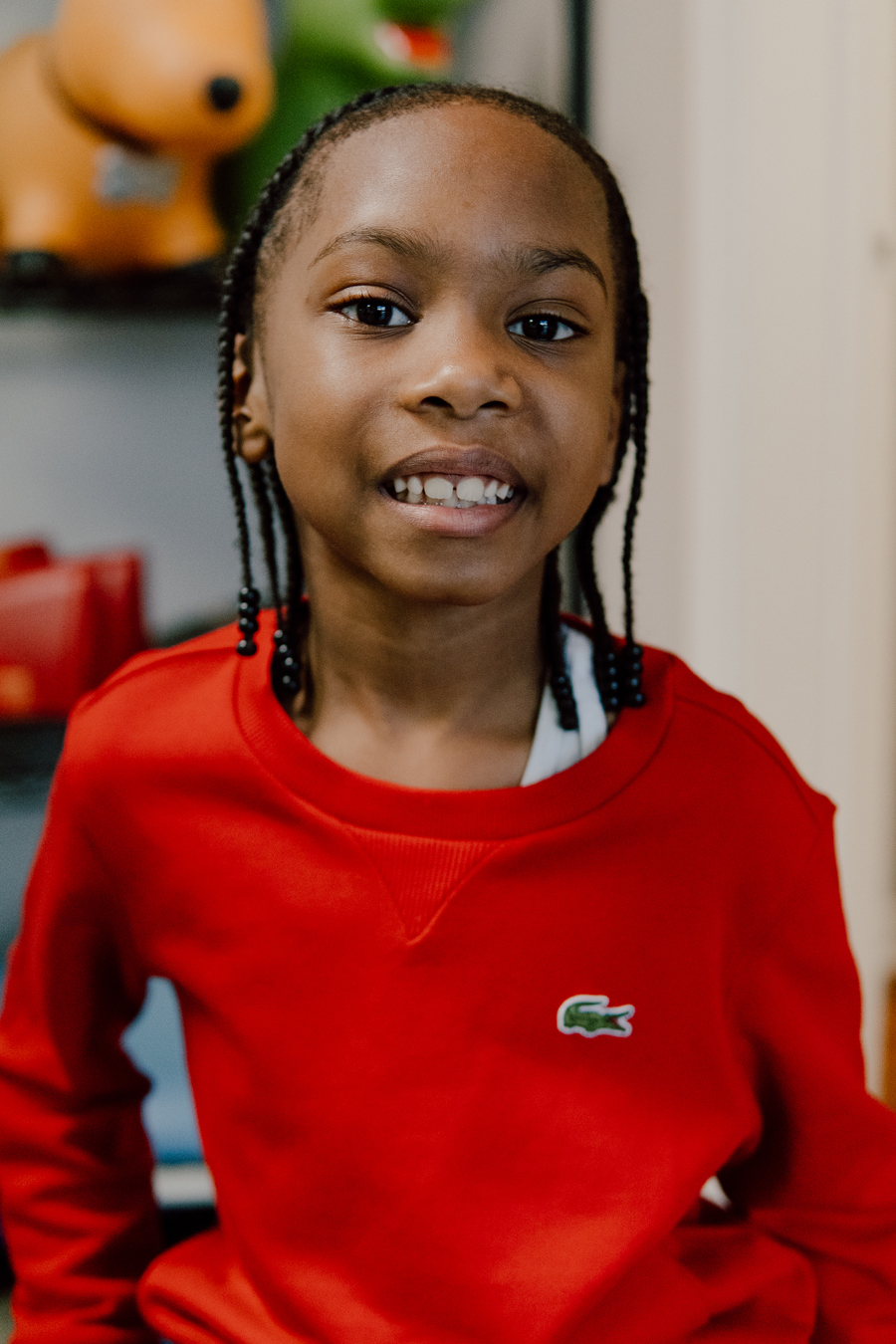
Who needs Occupational Therapy?
Occupational therapy can be life-changing for children who find everyday tasks difficult, such as personal hygiene, eating, dressing, and adapting to their environment. We love seeing their confidence grow as they become increasingly independent. Numerous children can reap the rewards of occupational therapy.
Children with developmental delays
Children with developmental delays often have challenges in gross and fine motor skills (big and small, precise movements such as crawling, sitting, and gripping).
Children with autism
Children with autism, a developmental disability, often struggle with movement, social skills, and sensory sensitivity.
Children with attention deficit hyperactivity disorder (ADHD)
Children with ADHD have difficulties regulating their attention. As a result, they may struggle with social relationships, academic work, self-care, and sensory processing.
Children with sensory processing disorder
Children with sensory processing disorder may be extremely sensitive or insensitive to different things in their environment. For example, if a child is hyper-sensitive, they may be distressed by certain sounds, smells, textures, and tastes. On the other hand, if a child is hypo-sensitive, they may be sensation-seeking.
Children with learning disabilities
According to the Centers for Disease Control and Prevention, a learning disability is when a child “has difficulty in one or more areas of learning, even when overall intelligence or motivation is not affected.” Challenges can be in a variety of areas including reading, math, and following directions.
Children with feeding difficulties
As a parent, it can be difficult and concerning when you have difficulty getting your child to eat. Some children with feeding challenges may refuse to eat anywhere but at home or be very selective about what they eat.
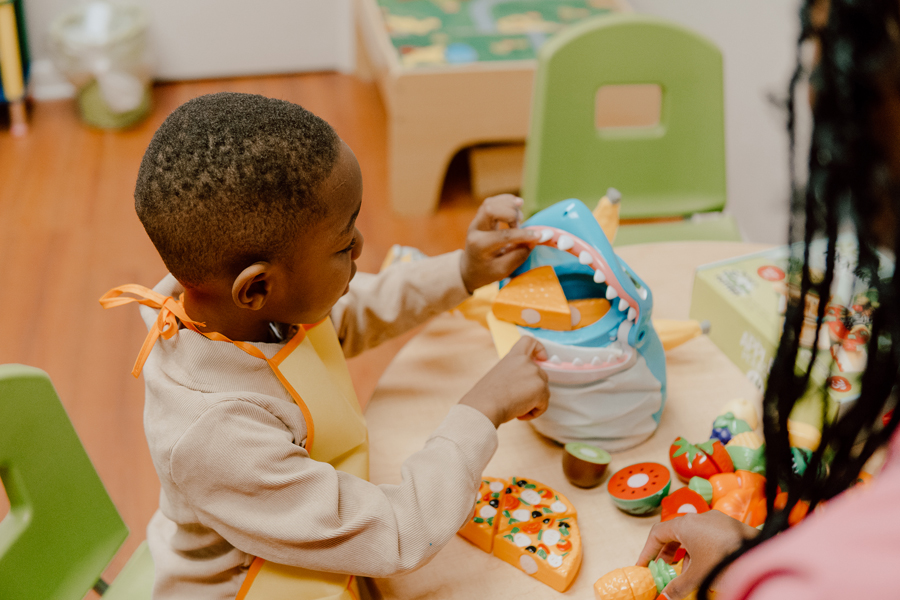
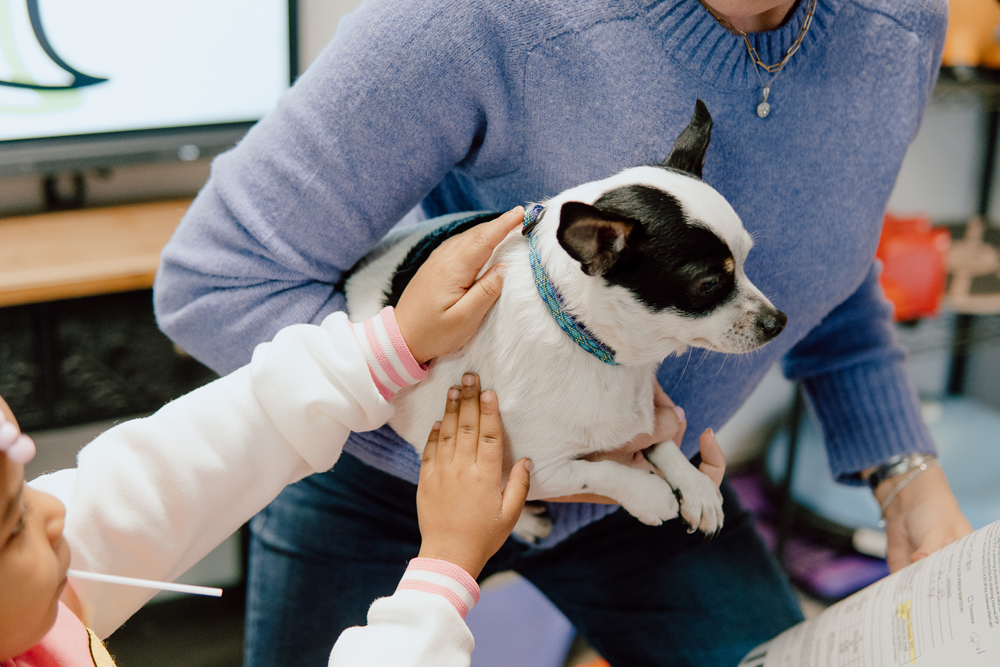
What happens during Occupational Therapy?
We use various techniques to help your child meet their goals while having fun. Whether they apply at home, daycare, or school, we hone in on tasks your child finds challenging but needs to do regularly. Beyond skill-building, we also make recommendations for additional support. We aim to help your child feel confident, empowered, and capable in their environment. We use a lot of play therapy, and our sensory room is something the children love. We create an environment that makes children excited to come back!
Get involved with your child's development!
We are proud to offer a wealth of resources for parents! We know that entering the therapy world can be confusing, so we want to help you feel as informed and confident as possible. You can click the button below to find a list of valuable resources. We hope it helps!
Get involved with your child's development!
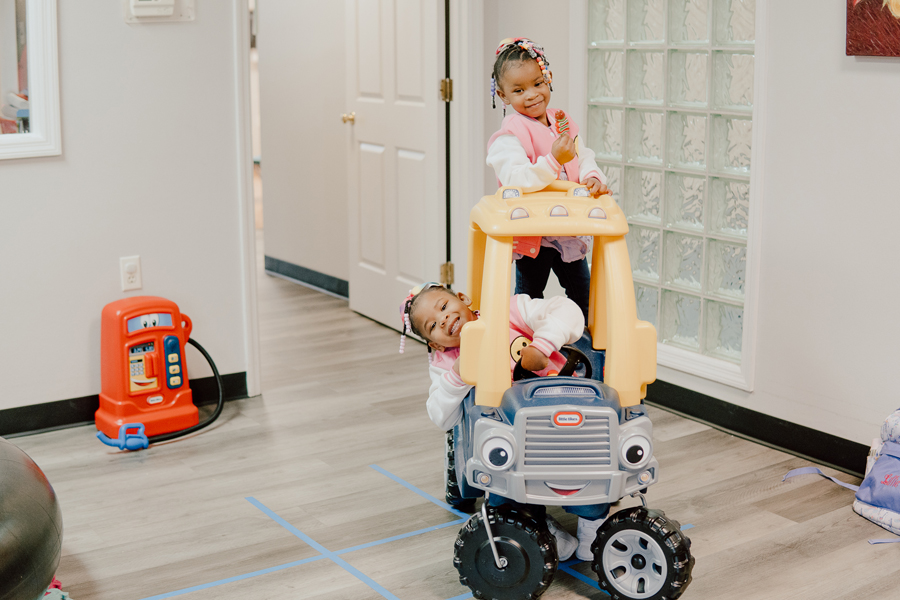
We are proud to offer a wealth of resources for parents! We know that entering the therapy world can be confusing, so we want to help you feel as informed and confident as possible. You can click the button below to find a list of valuable resources. We hope it helps!
